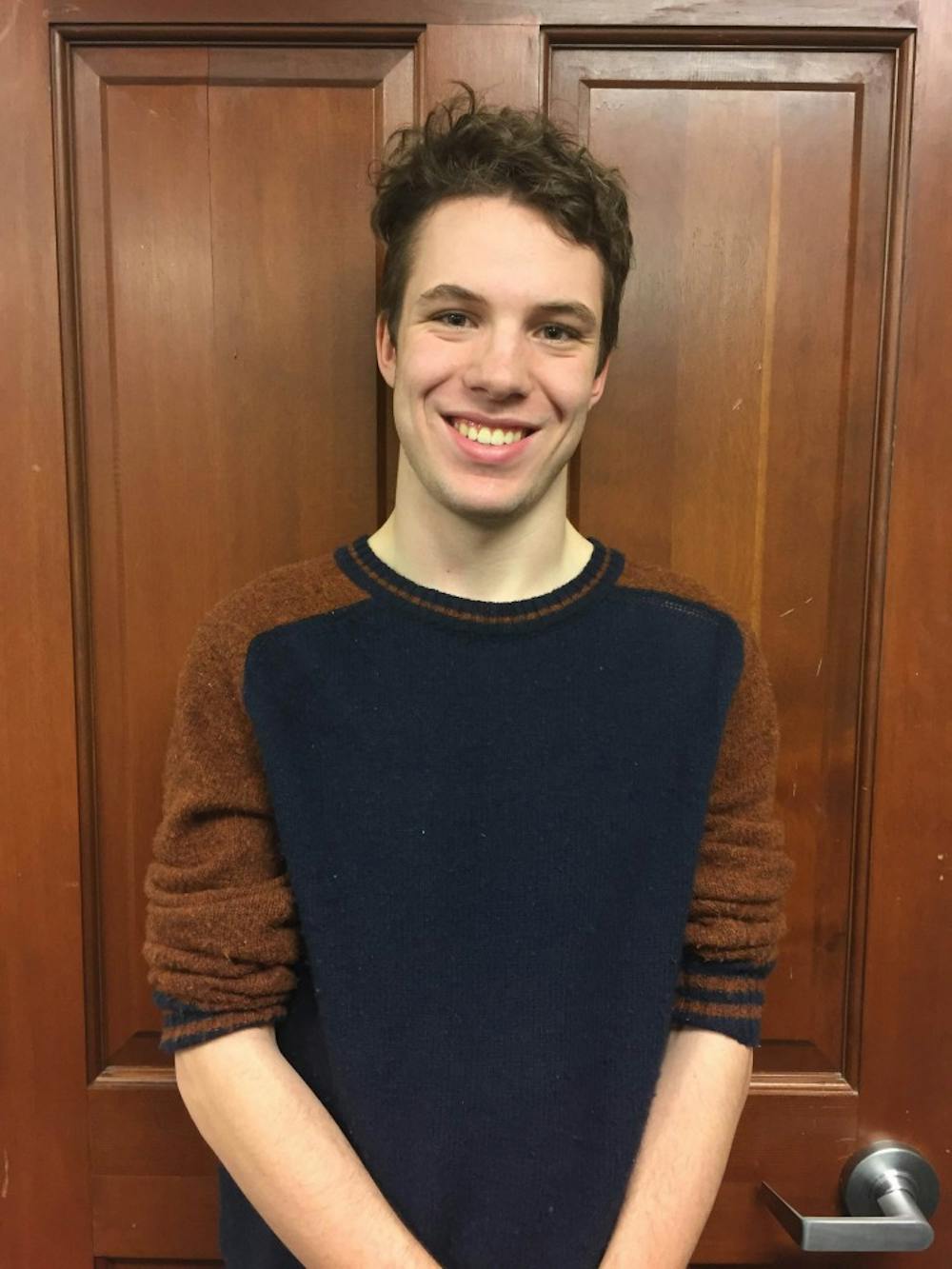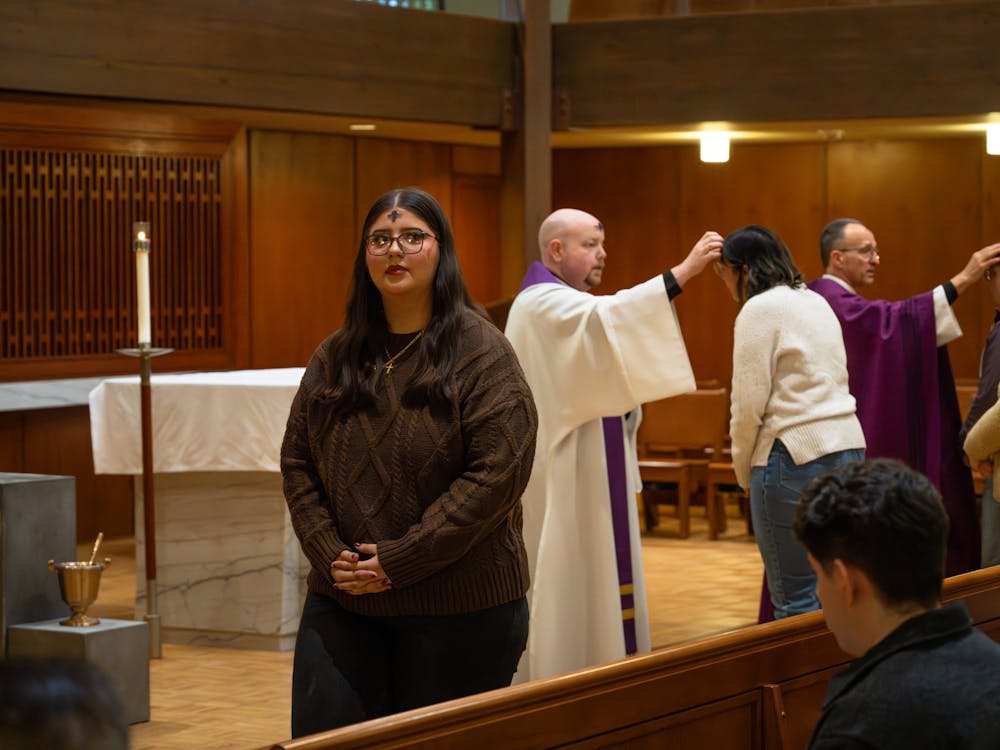Being mindful is not about finding the perfect zen moment. It’s about letting your thoughts and emotions flow through you.
I think the ultimate purpose of mindfulness is being okay with being completely internally focused and in tune with every thought.
However, this is also the hardest part of being mindful. I attended two session of the “Mindfulness” clinic hosted by Campus Ministry, and I often found my thoughts drifting to other things, such as what I wanted to spend my paychecks on, or my weekend plans.
“This is welcome and expected,” said Beth Barsotti, assistant director of faith formation.
I went to these sessions to find more peace in my life, because I often feel like I am stressed about the constant workload school brings.
Mindfulness consists of focusing on one aspect of your body, like your breathing, and watching it for a set period of time. In the first session I did a full body scan that included feeling every aspect of my body with my eyes closed, and no talking.
The second session included focusing on my breathing pattern, again in silence. It became clear that every instructor has a different interpretation of what mindfulness is to them.
Mindfulness can be incredibly agitating and I often thought, “When will the session end?” I never thought before about how of my time is spent externally until I have to channel that energy into internal though. I think this is partially because my mind can be scary place, where I often focus on the negatives of my life.
During the sessions I found myself feeling more in tune to every twitch in my body, and constantly had to adjust my body when trying to be mindful. In this sense, mindfulness is the ability to be in tune with our internal reality as we ever will be.
The structure of society emphasizes the external, the constant flashing lights and interactions that multiply every day. Mindfulness feels like a visit to a simpler existence, like a child beginning to come to terms with reality.
Mindfulness is less a state of mind than an idealized goal, which is to be in the moment. Where I spend all my time in the end though, is in the present. The present is a hard place to be because it requires 100 percent focus on the world around you.
Even though an hour of mindfulness seems like a lot, it goes by rapidly because it is so easy to focus on the world inside. Mindfulness is an opportunity to find a balance between internal thoughts and the white noise of the world around us.
I often find my thoughts help distract me from the world around me, and are a way to cope instead of facing what is in front of me.
However, mindfulness ultimately keeps me from “coping” with reality, and instead pushes me to actually deal with it. I think this is important to me, because I find it very easy to say things and not think about the ramifications of my actions.
Being in the moment requires me to fully aware of these ramifications, which is often a scary task. If I am constantly aware of what I am doing, I think I will not be as quick to make comments that are hurtful or do not add positively to a given conversation.
Mindfulness sessions are Friday at 3 p.m. in the Chapel of Christ the Teacher.
Luke Loranger is a reporter for The Beacon. He can be reached at loranger18@up.edu or @loranger18.








